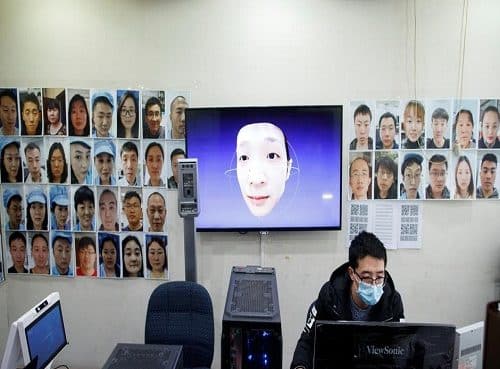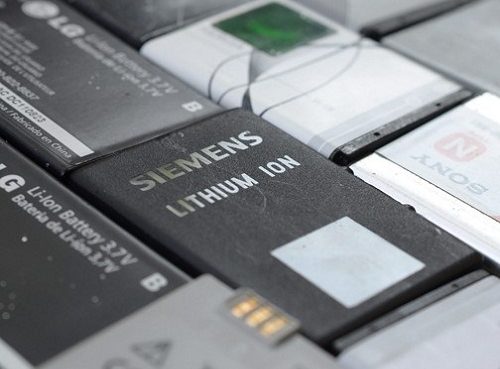The Petroleum Industry Act (PIA) 2021, which has lingered for around 20 years as it went through the process of enactment is now being assiduously implemented by the federal government through the Mele Kyari-led NNPC to meet the expectations of transforming the Nigerian Oil and Gas Industry into one of the most efficient in the world. Its effects are beginning to manifest.
The effects of the Act are profound and certainly transformative. An analyst summarised some of the features of the PIA thus: “The Petroleum Industry Act 2021 defines the legal, governance, regulatory and fiscal framework for the Nigerian Petroleum Industry and the development of host communities.”
One of the many main changes and effects borne out of the Act is the incorporation of the Nigerian National Petroleum Company (NNPC) Limited. The company must declare profits made from its operations just like any other limited liability company. It should pay Company Income Tax, rewards shareholders by paying them dividends. The new NNPC Limited would have no recourse to government budgetary allocation.
As the NNPC Limited becomes an independent organisation doing business to make profit as provided for in the PIA for its shareholders, it will have to drop the unbearable burden of selling petroleum products at below cost-recovery rates. The Nigerian National Petroleum Corporation told the Federation Account Allocation Committee during a meeting in November 2021 that between January and September 2021, it spent N864.07 billion cushioning the price of petrol for consumers.
By creating a Commission and the Midstream and Downstream Authority each of which has clear roles, an unwieldy single regulator with too much work to contend with, and the attendant bureaucracy and bottleneck this entails, no longer exists.
As undue bureaucratic bottleneck is removed by limiting the waiting time for approval of licences for new operators at the upstream, midstream and downstream segments of the sector to a maximum of 90 days, the industry is expected to attract more investors. The speedy approval is a function of accountability, transparency and efficiency, all of them some of the effects of the PIA.
The envisaged expansion of the sector will most likely make it more profitable for the benefit of Nigerians and investors. The benefits will include more earnings for the government. The greater revenue will be used to finance critical projects.
Some of the provisions in the PIA are capable of enhancing peace and security in the oil-bearing areas of the country. The three per cent of the operational budgets of oil companies amounting to a minimum of $500 million annually that will go to host communities to finance their development projects is a recipe for happiness and progress in the hitherto restive Niger Delta.
Additional to all these benefits promised for Nigerians by the PIA, is the provision for a mechanism to address and redress environmental destruction through oil spillage. Its emphasis on remediation without delay and the envisaged more rigorous enforcement of the penalty for gas flaring will decelerate environmental degradation and protect the means of marine livelihood from destructive pollution. Gas flaring in Nigeria is scheduled to cease by 2030, for the good of the environment.
“This is very simple. This company will pay taxes and royalties, which are revenues that accrue to the federation. So every part of this country and every subnational institution or government will benefit from it,” he pointed out.
The NNPC boss, who has been in charge of the Corporation for just over two years, has midwifed several initiatives that transformed it. The enhanced transparency and accountability he engineered in its operations have led to the elimination of wasteful expenditure and the first-ever declaration of profit in the sum of N287 billion by the Corporation in its 44-year history. In the years to come, the new NNPC Limited will yield bigger profits every year, thanks to the effect of the PIA.
Source: dailtrust










